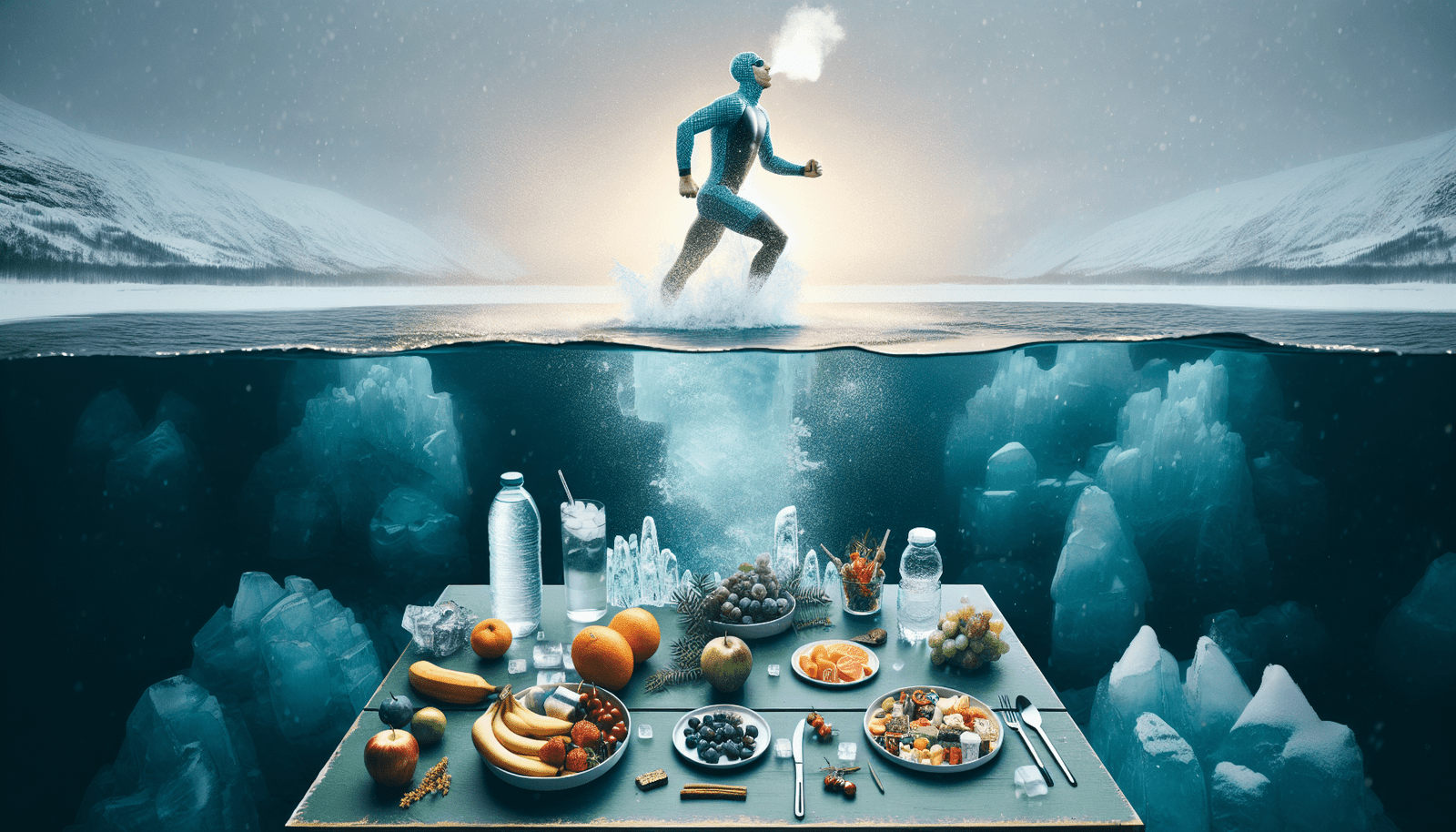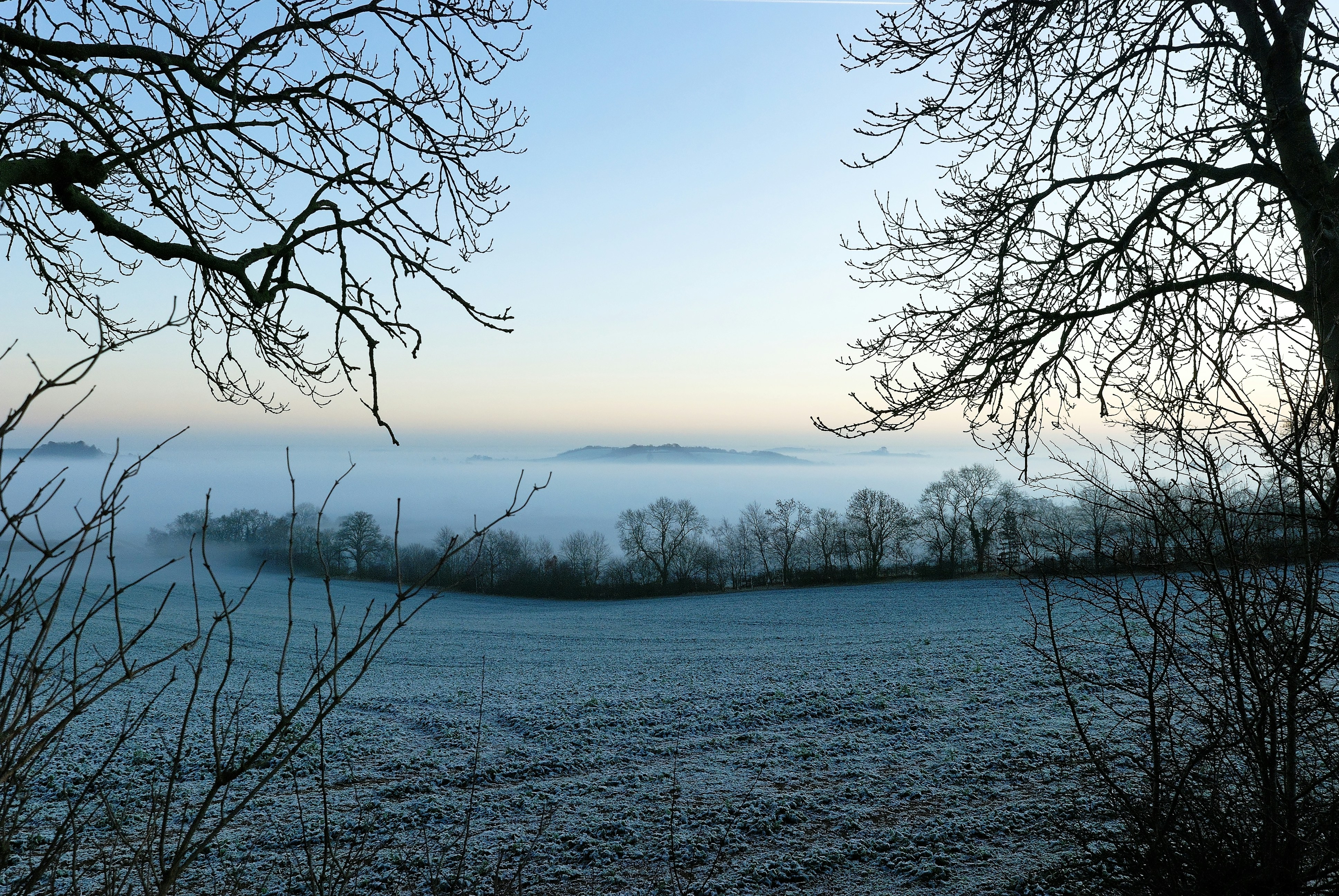Are you curious about how to prepare your body for a cold plunge and optimize the benefits afterward? In this article, we will explore the importance of proper hydration and nutrition before and after a cold plunge. By understanding the role these elements play in supporting your body’s recovery and performance, you can enhance the overall experience and reap the full advantages of this invigorating practice. So, grab a refreshing beverage, settle in, and let’s dive into the world of cold plunges and how to make the most of them.
Importance of Hydration
Hydration for overall health
Hydration plays a crucial role in maintaining overall health and well-being. Water is essential for carrying out various bodily functions, such as regulating body temperature, lubricating joints, transporting nutrients, and flushing out waste products. When you stay properly hydrated, your body can function optimally, promoting good health and preventing the risk of dehydration-related health issues.
Hydration for optimal performance
If you are planning to engage in physical activities like a cold plunge, proper hydration becomes even more important. When your body is well-hydrated, it can perform at its best, allowing you to push your limits and achieve optimal performance. Whether you are an athlete, a fitness enthusiast, or simply someone who loves to stay active, maintaining proper hydration levels is vital for maximizing your potential and avoiding adverse effects of dehydration.
Pre-Cold Plunge Hydration
Drink sufficient water throughout the day
To ensure that your body is adequately hydrated before taking a cold plunge, it is important to drink water regularly throughout the day. Waiting until you’re thirsty is not a reliable indicator of dehydration, so try to make it a habit to drink water even when you don’t feel the immediate need for it. Aim for at least eight glasses (64 ounces) of water per day to keep your body properly hydrated.
Avoid caffeine and alcohol
While it may be tempting to grab a cup of coffee or indulge in a few alcoholic beverages before your cold plunge, it’s best to avoid these substances. Both caffeine and alcohol have diuretic effects, which means they increase urine production and can lead to dehydration. Instead, opt for water or other non-caffeinated, non-alcoholic beverages to stay hydrated and ensure your body is ready for the plunge.
Benefits of Proper Hydration before a Cold Plunge
Improved circulation
Proper hydration before a cold plunge helps improve blood circulation throughout your body. When you are well-hydrated, your blood can freely flow to your muscles, organs, and tissues, delivering oxygen and essential nutrients. This enhanced circulation can optimize your body’s performance during the cold plunge, allowing you to tolerate the cold better and recover more efficiently.
Enhanced muscle function
Dehydration can impair muscle function and cause muscle cramps and fatigue. By ensuring you are properly hydrated before the cold plunge, you can help prevent these issues. Hydration supports muscle function by maintaining fluid balance and electrolyte levels, which are essential for proper muscle contractions and efficient movement.
Reduced risk of injury
Being properly hydrated before a cold plunge can also help reduce the risk of injury. Dehydration can affect your coordination, reaction time, and cognitive function, increasing the likelihood of accidents or mishaps during physical activities. When you enter the cold water with optimal hydration levels, you can stay focused and alert, minimizing the risk of slips, falls, or other injuries.
Nutrition before a Cold Plunge
Consume a balanced meal
To prepare your body for a cold plunge, it is important to fuel it with a balanced meal. Include a mix of carbohydrates, proteins, and healthy fats to provide the necessary nutrients and energy. Opt for whole and unprocessed foods to ensure you are getting the most nutritional value from your meal.
Include carbohydrates for energy
Carbohydrates are the body’s main source of energy, making them essential before engaging in any physical activity, including a cold plunge. Choose healthy carbohydrate sources like whole grains, fruits, and vegetables to fuel your body and sustain your energy levels throughout the plunge.
Incorporate protein for muscle repair and recovery
Protein is crucial for repairing and rebuilding muscle tissues, making it an essential component of your pre-cold plunge nutrition. Include lean sources of protein such as chicken, fish, tofu, or beans to support muscle repair and recovery. This will help reduce any soreness or muscle damage that may occur during the cold plunge.
Pre-Cold Plunge Nutrition Tips
Avoid heavy meals
To ensure optimal comfort during your cold plunge, it’s best to avoid consuming heavy meals right before the activity. Heavy meals can make you feel bloated and uncomfortable, affecting your ability to move freely in the cold water. Instead, opt for a lighter meal that provides the necessary nutrients without weighing you down.
Include fruits and vegetables
Including a variety of fruits and vegetables in your pre-cold plunge nutrition is essential for getting an array of vitamins, minerals, and antioxidants. These nutrients help support your immune system, provide crucial antioxidants to protect against exercise-induced oxidative stress, and aid in overall well-being. Incorporate a colorful mix of fruits and vegetables to ensure you are getting a wide range of nutrients.
Stay away from processed foods and sugary snacks
Avoiding processed foods and sugary snacks is important not only before a cold plunge but as part of a healthy lifestyle in general. These foods are usually high in unhealthy fats, added sugars, and artificial additives that can leave you feeling sluggish and may negatively impact your performance. Instead, focus on nourishing your body with whole, nutrient-dense foods that will provide sustained energy and promote optimal health.
Effects of Cold Water on the Body
Increase in heart rate
When exposed to cold water, your body responds by increasing your heart rate. This increased heart rate is a natural physiological response aimed at maintaining body temperature and delivering oxygen to the working muscles. Cold water immersion can temporarily elevate your heart rate, providing a cardiovascular workout in itself.
Activation of the sympathetic nervous system
Cold water immersion triggers the activation of the sympathetic nervous system, also known as the “fight or flight” response. This response prepares your body for the cold stress by releasing stress hormones like adrenaline, which can increase your alertness and focus. While this response is a normal part of the body’s adaptive mechanism, it is essential to ensure you are in good health and not at risk of any adverse effects.
Release of endorphins
Plunging into cold water can also trigger the release of endorphins, your body’s natural feel-good chemicals. Endorphins create a sense of euphoria and can help reduce stress levels, elevate your mood, and promote overall well-being. This release of endorphins during and after the cold plunge can leave you feeling refreshed, invigorated, and ready to take on the world.
Post-Cold Plunge Hydration
Replace fluids lost during the plunge
After a cold plunge, it’s important to replenish the fluids your body has lost. Cold water immersion can cause increased urine production, leading to fluid loss through sweating and breathing. To ensure proper hydration, reach for hydrating beverages like water or electrolyte drinks. These options can help replace lost fluids and restore optimal hydration levels.
Choose hydrating beverages like water or electrolyte drinks
Water is the most obvious choice to hydrate after a cold plunge. It is calorie-free, refreshing, and essential for rehydrating your body. If you have engaged in an intense physical activity or a prolonged cold plunge, electrolyte drinks can provide additional hydration benefits. These drinks contain essential minerals like sodium and potassium, which help replenish electrolytes lost through sweating.
Importance of Proper Post-Cold Plunge Hydration
Facilitates muscle recovery
Proper hydration after a cold plunge plays a crucial role in muscle recovery. Replenishing fluids helps transport nutrients to the muscles, aiding in their repair and recovery. Hydration also promotes the removal of metabolic waste products, such as lactic acid, which can build up during physical exertion. This facilitates faster recovery, reduces muscle soreness, and prepares your body for future activities.
Regulates body temperature
Cold water immersion can cause a drop in body temperature, and proper post-plunge hydration is important for regulating it. Hydrating with fluids at room temperature or slightly warmer can help bring your body temperature back to normal. It is essential to avoid consuming excessively cold beverages immediately after a cold plunge, as they may cause a sudden drop in body temperature.
Helps eliminate toxins
Proper post-cold plunge hydration supports the elimination of toxins from your body. Cold water immersion stimulates circulation, which in turn increases lymphatic flow. Lymphatic fluid acts as a waste removal system, carrying toxins away from tissues and organs. By staying properly hydrated, you can support this natural detoxification process and assist your body in eliminating waste more effectively.

Post-Cold Plunge Nutrition
Include protein to aid muscle repair
Consuming protein after a cold plunge is essential to support muscle repair and recovery. Protein provides the amino acids necessary for rebuilding damaged muscle tissues. Opt for lean sources of protein such as chicken, fish, eggs, or plant-based options like tofu or legumes. Including protein in your post-cold plunge nutrition helps maximize the benefits of the activity and accelerates your overall muscle recovery.
Consume carbohydrates for replenishing energy stores
Similar to the pre-cold plunge nutrition, consuming carbohydrates after the plunge helps replenish energy stores that may have been depleted during the activity. Carbohydrates provide the necessary fuel for your body to recover and restore glycogen stores. Opt for complex carbohydrates like whole grains, sweet potatoes, or quinoa to promote sustained energy release and aid in post-activity recovery.
Incorporate fruits and vegetables for vitamins and minerals
Fruits and vegetables should be a part of your post-cold plunge nutrition, just like they are for any balanced meal. These nutrient powerhouses are packed with vitamins, minerals, and antioxidants that support overall health and well-being. Opt for a variety of colorful fruits and vegetables to ensure you are getting a wide range of nutrients and antioxidants to aid in post-workout recovery.
Post-Cold Plunge Nutrition Tips
Eat a balanced meal within two hours
To maximize the benefits of your cold plunge and ensure optimal recovery, aim to consume a balanced meal within two hours of the activity. This timeframe is important as your body is in a heightened state of recovery, with increased nutrient and glycogen uptake. Include a mix of protein, carbohydrates, healthy fats, and plenty of fruits and vegetables to provide your body with the necessary nutrients for effective recovery.
Prefer whole, unprocessed foods
Choosing whole, unprocessed foods for your post-cold plunge nutrition is crucial for optimal recovery and overall health. Processed foods are often loaded with unhealthy fats, added sugars, and artificial additives that can compromise your recovery and hinder your progress. Opt for whole grains, lean proteins, healthy fats, and fresh produce to provide your body with the highest quality nutrients.
Avoid excessive alcohol consumption
While it might be tempting to celebrate your cold plunge achievement with a few alcoholic beverages, it’s best to avoid excessive alcohol consumption. Alcohol can dehydrate the body and impair muscle recovery. It also hinders the absorption of vital nutrients and can negatively affect sleep quality, which is essential for proper recovery. Instead, choose non-alcoholic alternatives or enjoy alcohol in moderation if you decide to indulge.
In conclusion, proper hydration and nutrition play a vital role in maximizing the benefits of a cold plunge. By staying hydrated before and after the activity, you can enhance circulation, support muscle function, reduce the risk of injury, and aid in recovery. Additionally, incorporating a well-rounded meal that includes carbohydrates, protein, fruits, and vegetables before and after the cold plunge provides the necessary nutrients to fuel your body and promote optimal health. Remember, listening to your body’s hydration and nutritional needs is crucial for enjoying the benefits of a cold plunge and maintaining overall well-being. So stay hydrated, nourish your body, and enjoy the invigorating experience of a cold plunge.





